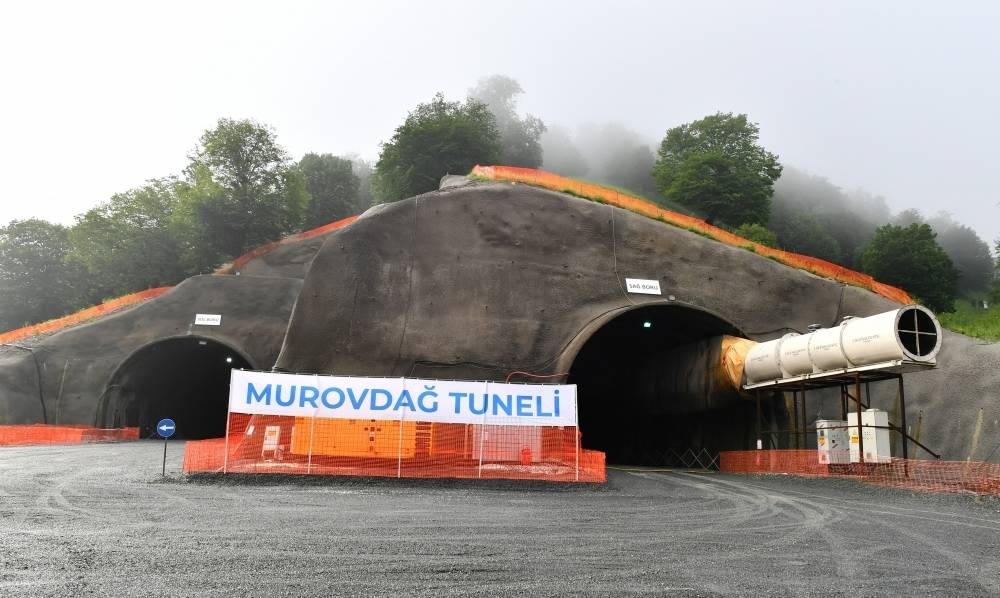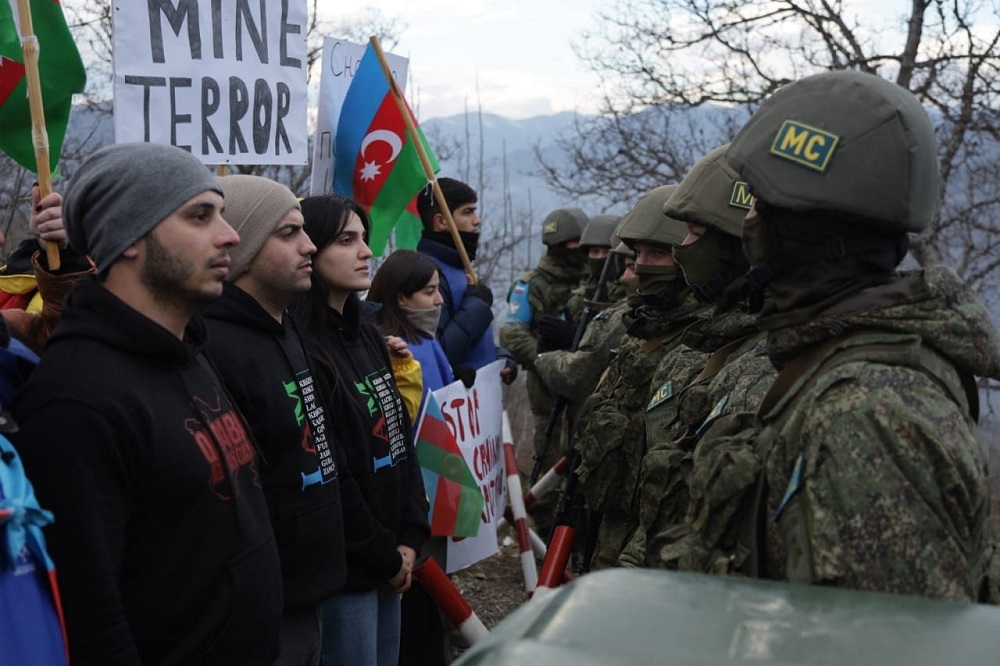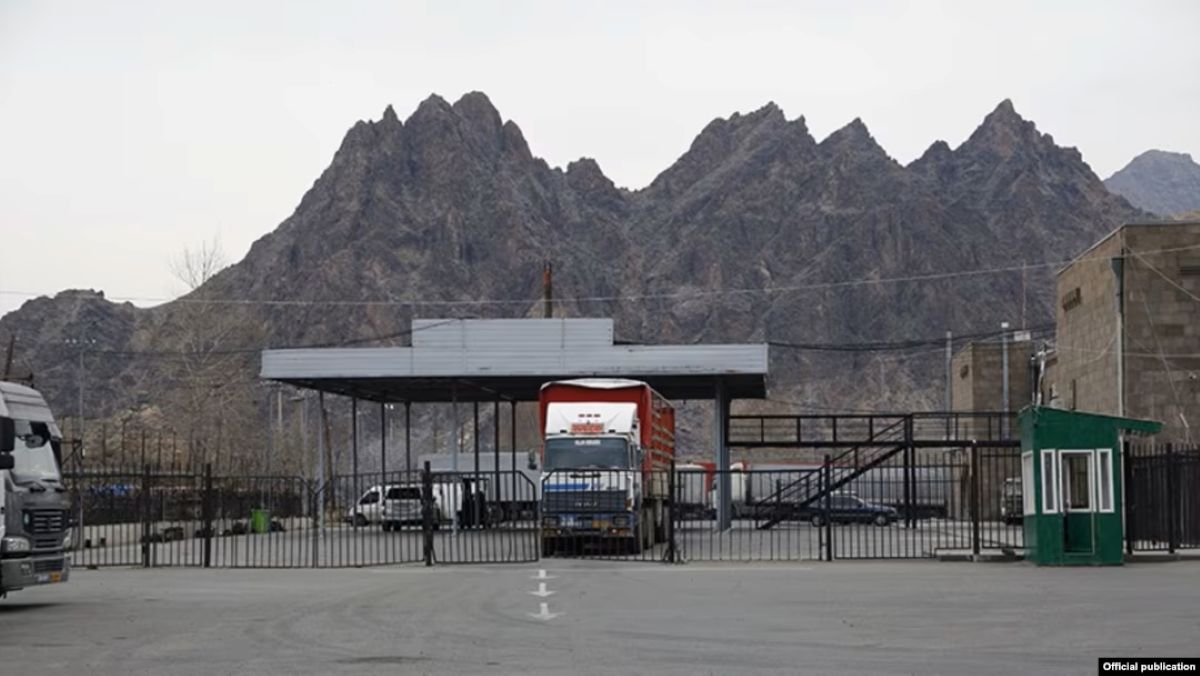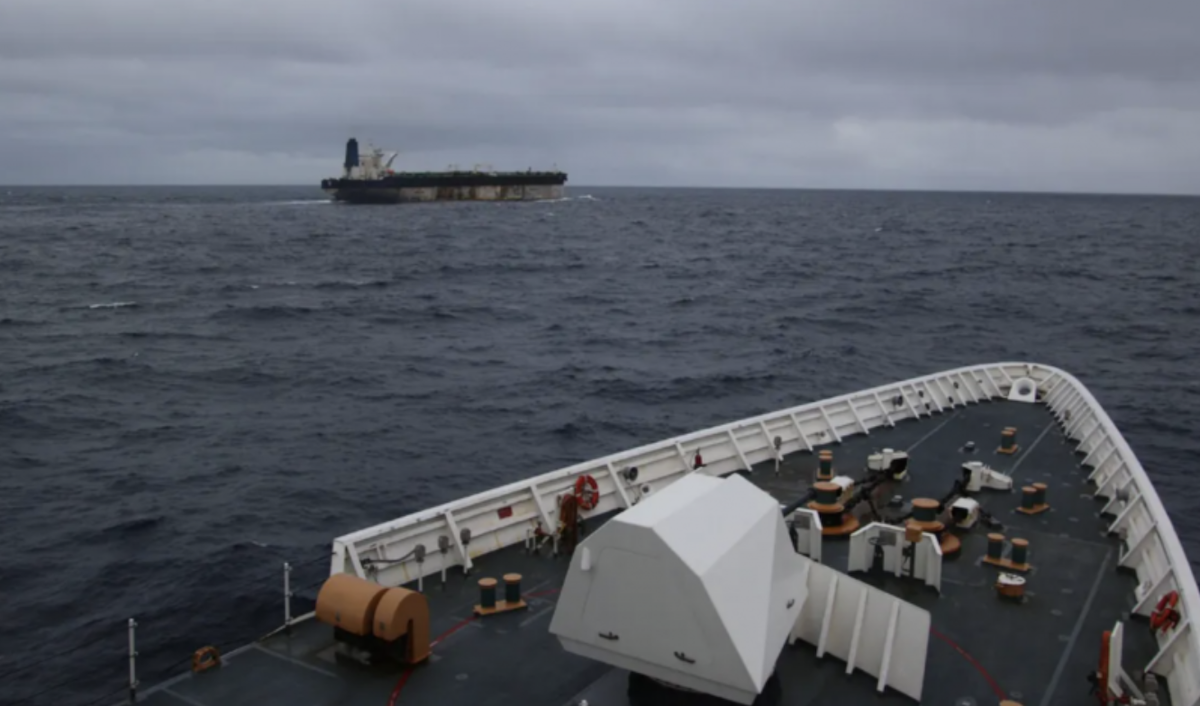When and how will the protest action on the Lachin corridor end? Opinions from Baku
When will the protest in Karabakh end?
The protest of Azerbaijani activists on the Lachin corridor continues for the ninth day. According to Azerbaijani political scientist Farhad Mammadov, in response to protests on the Lachin corridor, Armenians living in Karabakh blocked the Agdere-Kelbajar road to Azerbaijanis. Political observer Agshin Karimov claims that agreements between Baku and Moscow are needed to stabilize the situation.
- Ex-Foreign Minister of Azerbaijan: “Armenians of Karabakh are interested in provocation”
- What is Georgia’s ex-president tried for?
- “Baku trying to legitimize ‘new regime’ in the Lachin corridor.” Opinion from Yerevan
Agdere-Kelbajar road blocked
The ninth day of protests by Azerbaijani public and environmental activists on the Lachin corridor is taking place in a calm atmosphere. In the morning hours, another convoy of cars from the Russian peacekeeping contingent (RCC) drove through the corridor. To the assertions of the Armenian side about the “blockade” of the part of Karabakh controlled by the RCC, Azerbaijan responds by demonstrating the passage of columns of peacekeepers along the road linking Khankendi (Stepanakert) with Armenia.
The main news of the day was the statement of political scientist Farhad Mammadov, who announced that the Armenians of Karabakh had blocked the road connecting Agdere with Kalbajar. This road passes through the part of Karabakh where the Armenian population lives. In winter, it is almost impossible to drive to Kalbajar along the northern mountain road, and a new alternative road to this Azerbaijani region is not yet ready.
According to Mammadov, the Armenians demand an end to the protest action on the Lachin corridor and the possibility of opening the road to Kalbajar in exchange for this.
“The ball is in Baku’s court”
“So, another act on the Lachin road… The RCC removed the barriers and demonstrate that it was not they who closed the road. That is, Russia seeks to disarm the Azerbaijani narrative that the road was closed by the RCC, and not by Azerbaijani activists.
Along with this, the Armenians have closed the road from Aghdam to Kelbajar in Agdara and say they will not open it until traffic on the Lachin road is restored.
The ball is in Baku’s court,” political scientist Farhad Mammadov commented.
According to Mammadov, the behavior of the RCC and the Armenians of Karabakh demonstrates that there is no “agreement” between Baku and Moscow, which “Armenian political observers constantly repeat”:
“What can be done in these conditions? Should we remain within the terms of the tripartite statement, especially within the framework of oral agreements after signing or not?
And these verbal agreements happened. I’ll tell you from memory about the agreements that became known after the fact:
- no visits by Armenian officials and foreign citizens of the territory of temporary residence of RCC in Azerbaijan;
- ensuring the passage of the Azerbaijani Armed Forces through the territory, currently being violated;
- preventing the permanent residence of non-local Armenians in Karabakh — Vardanyan for example.
There are still points, but verbal agreements do not work.”
Mammadov answered a question about how the protest on the Lachin corridor might end:
“The external reaction is clear, it will not get better. The RCC has done more for the sovereignty of the Armenians of Karabakh, and remaining at the level oral agreements does not yield any result.
- the action must be continued, no matter what … the goal is the mine. Work there must be stopped;
- ensuring passage through the territory can be ensured through the destruction of the military infrastructure of the Armenian Armed Forces in Karabakh;
- participants in the action must inspect RCC vehicles – “people’s control”, for Volkov and people in Moscow nostalgic for the Soviet past, this term is familiar;
- transfer of the entire infrastructure to Azerbaijani (electricity and gas) and cutting off the possibilities of financial transfers to the territory of Azerbaijan from Armenia;
- The checkpoint on the conditional border – in front of the RCC checkpoints – is already a certain revision of the tripartite statement, but the time has already ripened for this. It won’t get any worse if both post-Soviet and Baltic Estonia have spoken out.”
“Agreements are required between Baku and Moscow”
Political observer Agshin Kerimov believes that the protest currently taking place along the Lachin corridor is “important, because it shows the support of the people for the strategic defense reflexes of the state.”
According to him, the end of the protest in Karabakh depends on “what agreements Azerbaijan and Russia come to”:
“First, Baku and Moscow can come to a common denominator on the issue of mining in the territory controlled by the RCC.
Second, Azerbaijan demands the expulsion of Ruben Vardanyan from its territory, and Moscow is obliged to respond to this request.
Third, Russia has assumed the obligation of participating in the withdrawal of Armenian soldiersfrom Karabakh, a requirement contained in the 4th paragraph of the tripartite statement of November 10, 2020.
Once these three requirements are met, the protest will end.”




















